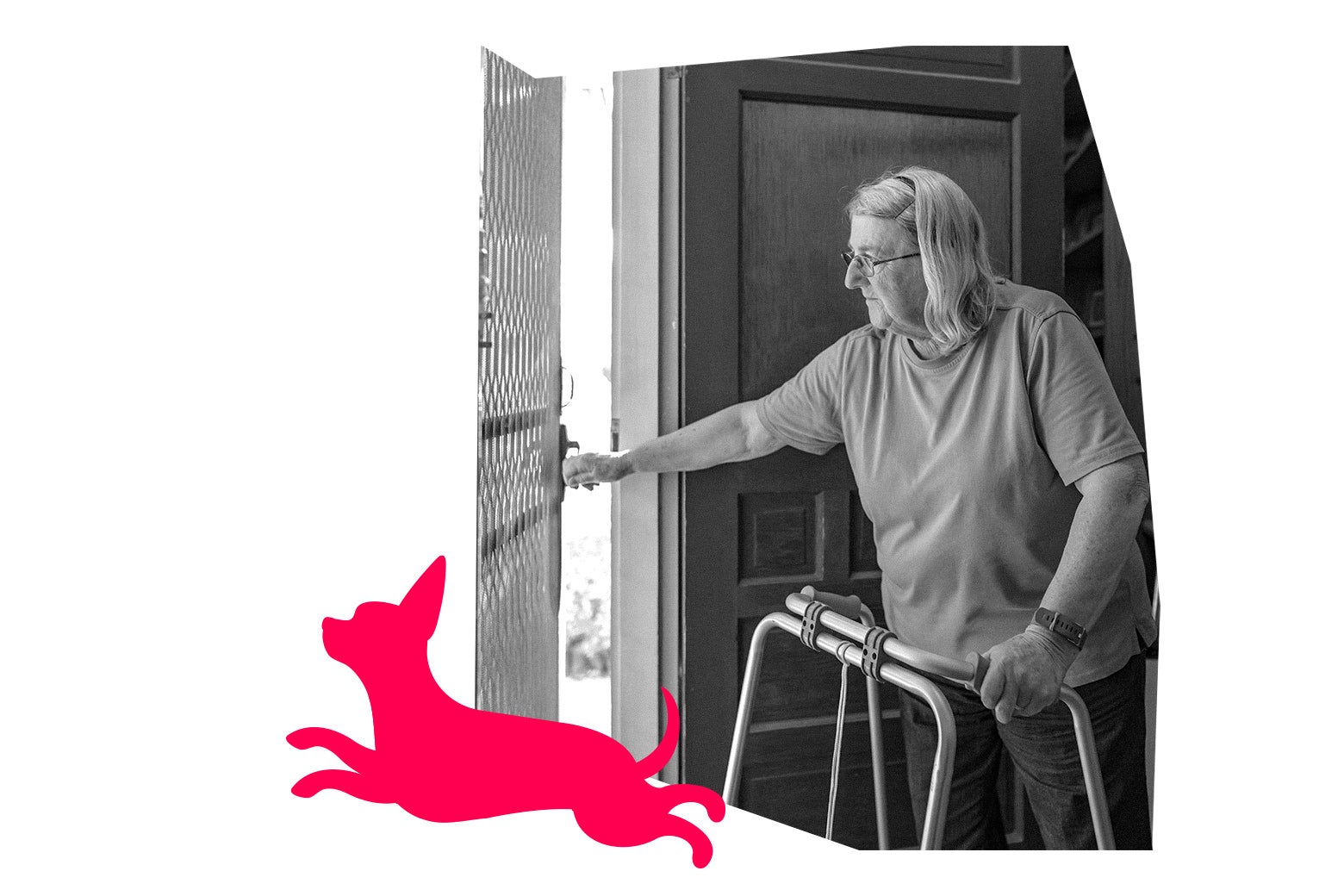
"I don't think this dispute will rise to that level, though. It seems to me that your biggest issue isn't a potential lawsuit. It's a child who has seen something really tragic and has potentially picked up on the adult conflict around it. You don't say exactly what he saw or heard, but there's a possibility that Thomas may believe he has done something wrong and blame himself."
""I'm still feeling really sad about seeing Mrs. Moore's dog get hit by a car. How about you? Do you have any questions about what happened or what Mrs. Moore was saying? You probably noticed she was really angry, and it felt like she might have even been mad at you. I think it was because it was her job to keep her dog safe inside, and she was upset that she didn't do that, and maybe she was looking for someone else to blame."
Most lawyers offer a free consultation, so meeting one is an option, but ignoring Mrs. Moore is acceptable unless she sues. The more important concern is the nine-year-old son’s emotional state after witnessing a dog’s death and hearing an angry neighbor. Parents should gently check in with the child to assess feelings and correct any self-blame. Suggested language includes naming feelings, asking about questions, explaining that the neighbor was likely upset with herself for not securing the dog, and reassuring the child that he did what he was supposed to do. Legal action can be addressed later if necessary.
Read at Slate Magazine
Unable to calculate read time
Collection
[
|
...
]